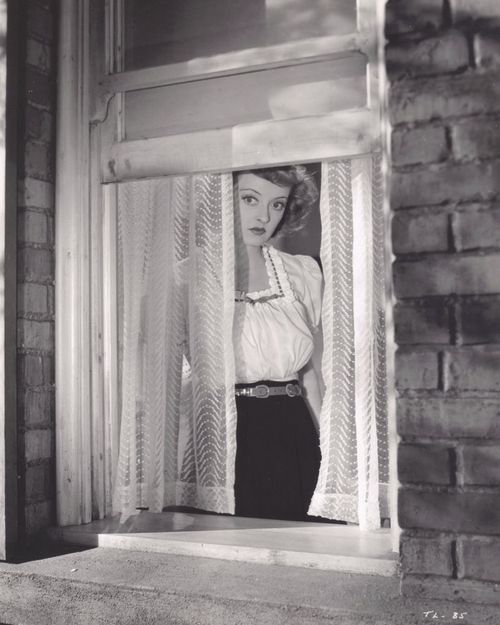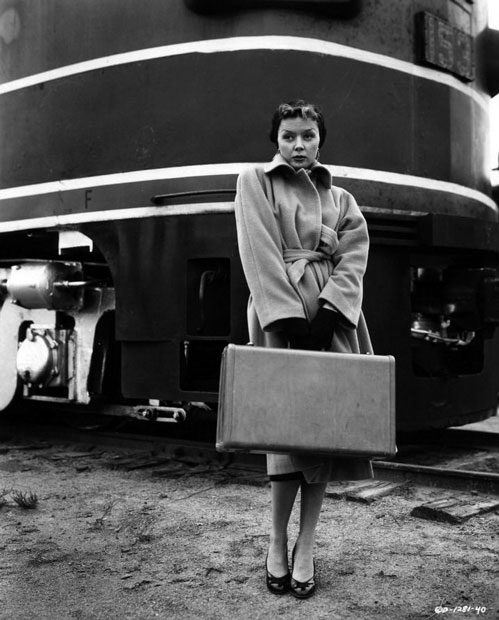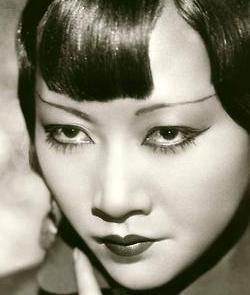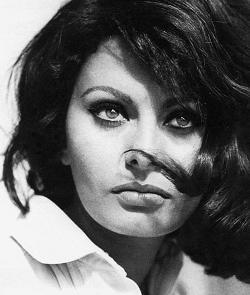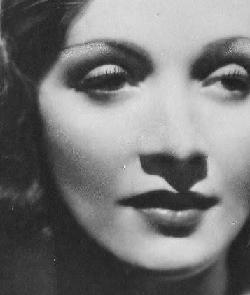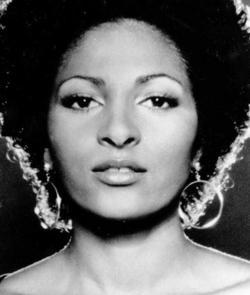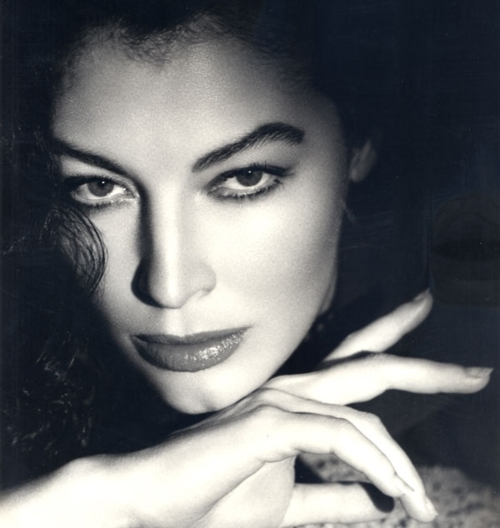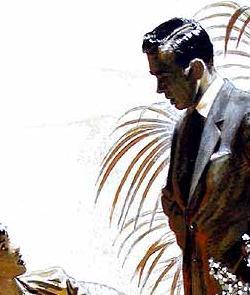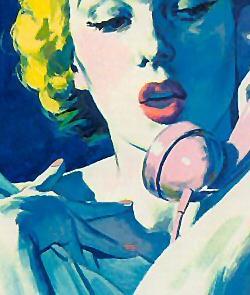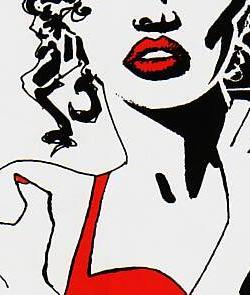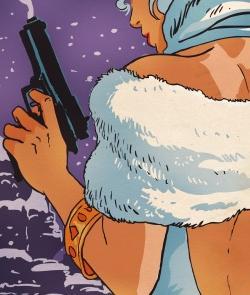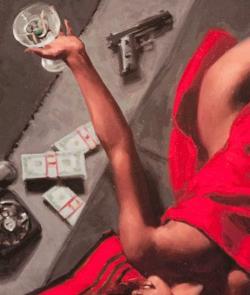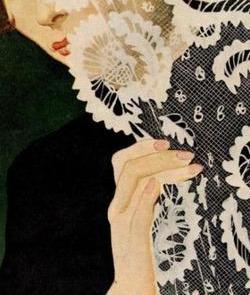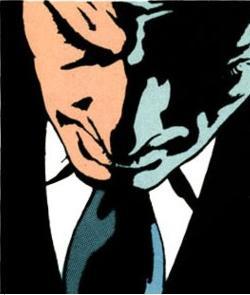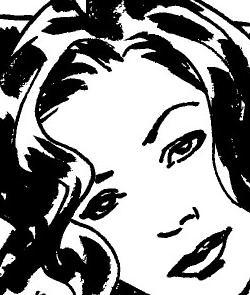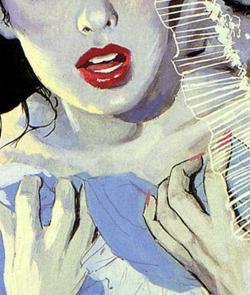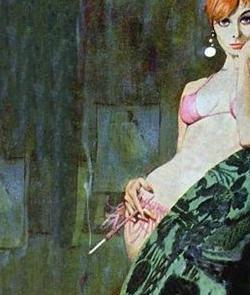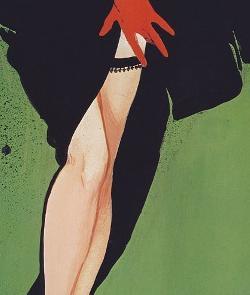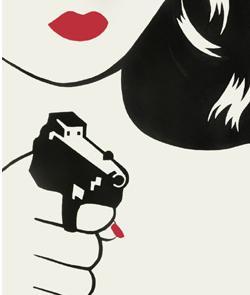Writing a review for Fatale is one of the most difficult tasks I’ve experienced in the history of Noirwhale.com. Not only is the novel an amazing piece of noir crime fiction, it is also the best portrayal of the femme fatale archetype that I have read to date. Needless to say, Jean-Patrick Manchette’s cold, economical prose left me breathless. From page 1 to 91 his concise syntax and plot rhythm created one of the most perfect examples of modern noir fiction ever created. Written in 1977, and translated by Donald Nicholson-Smith in 2011, this “sleeper” novel has received great acclaim in many international markets, and will force American readers to make room on their shelves next to Hammett, Chandler, and Cain. I know I need to reign in my verbiage, so let me just say that when I finished Fatale I turned back to page one and read it again.
For her stay in Bléville, the young woman had chosen to call herself Aimée Joubert, and that is what I shall call her from now on.
For the entirety of Fatale, we follow a wickedly calculating female con-artist as she travels the French countryside infiltrating the circles of the wealthy elite and extorting duffle-bags full of francs from their chubby fingers before moving on. Although the concept is quite intriguing and original, the character Aimée is truly the stand-out in terms of story. As she wends her war on the wallets of the corrupt men and women of Bléville, her icy layers slowly peel back and reveal one of the most fully-actualized female characters in any work I have read. She transforms from femme fatale to feminist fatale as she fights to forget a painful history and soothe her buried wounds. Jean-Patrick Manchette receives high marks in my eyes because he stripped this femme fatale centered noir crime fiction of idiotic misogynist pandering to male audiences. Instead of making Aimée into a “feminist” by making her more masculine in nature, or by making her characteristics more desirable to males, he crafts her as a realistically wounded survivor of spousal abuse struggling for self worth and meaning. She really is a beautifully dynamic character who embodies so much poignant humanity it’s staggering.
The young woman, blonde now, threw off the large towel, which was hindering her movements. She rolled her hair into the twenty curlers. She pulled the edge of the lowered blind aside slightly. She got a vague impression of night rushing by and of dark masses that were copses or buildings. Here and there lights could be seen in the distance. Occasionally an illuminated railroad crossing shot past, close by the train. She let the blind fall back and went to sit at the little table. She reached out and picked up the briefcase. She put it on her lap and unzipped it completely. Carefully she counted the five-hundred-franc and hundred-franc notes that it contained. From time to time she dropped one, and the tips of her breasts would brush against the money on her knees as she leant down to retrieve the fallen bill. In all, the briefcase surrendered some twenty-five or thirty thousand francs; the young woman put the notes back. rezipped the case, and placed it on the floor next to the compartment wall.
Next she lifted the cover of the hot plate, revealing a choucroute. The young woman proceeded to stuff herself with pickled cabbage, sausage, and salt pork. She chewed with great chomps, fast and noisily. Juices dripped from the edge of her mouth. Sometimes a strand of sauerkraut would slip from her fork or from her mouth and fall to the floor or attach itself to her lower lip or her chin. The young woman’s teeth were visible as she chewed because her lips were drawn back. She drank champagne. She finished the first bottle in short order. As she was opening the second, she pricked the fleshy part of a thumb with the wire fastening, and a tiny pearl of scarlet blood appeared. She guffawed, for she was already drunk, and sucked on her thumb and swallowed the blood.
She went on eating and drinking and progressively lost control of herself. She leaned over, still chewing, and opened the briefcase and pulled out fistfuls of bank notes and rubbed them against her sweat-streaked belly and against her breasts and her armpits and between her legs and behind her knees. Tears rolled down her cheeks even as she shook with silent laughter and kept masticating. She bent over to sniff the lukewarm choucroute, and she rubbed the banknotes against her lips and teeth and raised her glass and dipped the tip of her nose in the champagne. And here in this luxury compartment of this luxury train her nostrils were assailed at once by the luxurious scent of the champagne and the foul odor of the filthy banknotes and the foul odor of the choucroute, which smelt like piss and sperm.
Nevertheless, when the young woman arrived in Bléville at eight o’clock that morning, she had retrieved all of her customary self-assurance.
I’m struggling to analyze this most meaningful scene, because I believe that something beautiful is lost when I try to put words to it. Your instinct is going to be wrong. You will cry misogyny. You will believe that this noir crime fiction scene was written purely to get men off, but I urge you to look deeper because that couldn’t be further from the truth. This is the only sex scene in the entire book, and a man is no where near it. There is so much more to potentially dissect here, but I need to shut up.
We never learn her true name.




